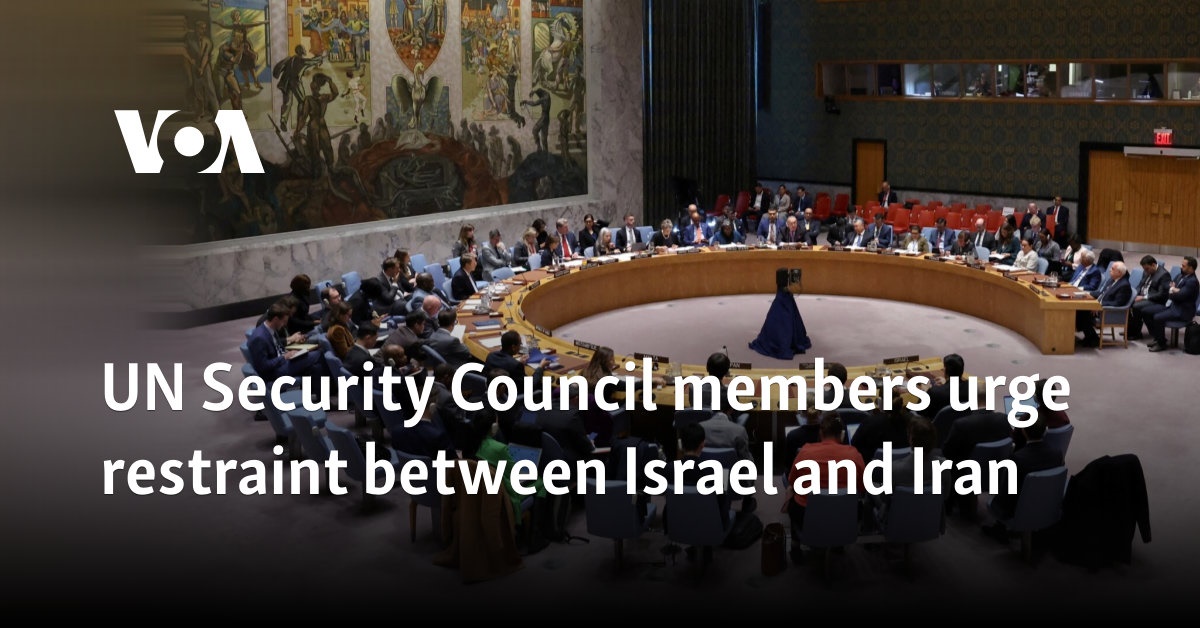Headline: Kamala Harris Aims to Address Housing Inequality Challenges
In a pivotal move toward combating housing inequality, Vice President Kamala Harris has unveiled an ambitious plan aimed at addressing the mounting challenges facing America’s housing market. As the nation grapples with soaring real estate prices and a dire shortage of affordable homes, Harris’ initiative aims not only to boost homeownership but also to bridge the gap between affluent urban areas and underserved communities. This article delves into the details of Harris’ housing strategy while contrasting it with the proposals of previous and potential challengers, including Donald Trump.
Understanding the Housing Inequality Crisis
The housing market in the United States has become a focal point for a variety of socioeconomic issues. With rising property costs, many Americans struggle to secure affordable housing. A recent report by the National Low Income Housing Coalition highlighted that in every state, renters must earn substantially more than the minimum wage to afford a modest apartment. This crisis disproportionately affects low-income individuals and families, leading to increased calls for systemic reform.
Harris asserts that transformative action is necessary. "Every American deserves a safe, affordable place to call home," Harris stated during a recent press conference. Her plan seeks to tackle these deep-rooted issues through a multi-faceted approach that includes increasing affordable housing stock, supporting first-time homebuyers, and incentivizing private sector investment in low-income housing.
Key Components of Harris’ Housing Strategy
-
Affordable Housing Initiatives:
- Harris has proposed federal funding for the construction of affordable housing, aiming to increase the supply to meet the growing demand. The administration is looking at similar programs that have succeeded in states with high cost-of-living rates.
-
Support for First-Time Homebuyers:
- To stimulate homeownership, the plan includes grants and tax incentives for first-time buyers, particularly in underserved communities. Experts note that such initiatives could lower barriers to entry, allowing more families the opportunity to build wealth through home equity.
-
Collaboration with State and Local Governments:
- A notable aspect of Harris’ proposal emphasizes stronger partnerships with state and local governments. By facilitating a coordinated approach to zoning laws and land use policies, Harris hopes to streamline the process of building new housing—a move endorsed by many urban developers.
- Commitment to Sustainability:
- Harris’ strategy also incorporates environmental considerations, promoting green building initiatives aimed at reducing the ecological footprint of new developments. This aligns with her broader agenda on climate change and sustainability.
The Political Landscape: Harris vs. Trump
As the election cycle inches closer, comparisons with former President Donald Trump’s approach to housing policies are inevitable. Trump has been noted for his focus on tax cuts and deregulation, which he argues can incentivize real estate development. During a recent interview, Trump remarked, "We need to remove the red tape that’s stifling home construction, making it too costly for developers."
However, while both leaders recognize the housing crisis as a critical issue, their methods diverge significantly. Harris’ proposal emphasizes government intervention and community investment, while Trump advocates for market-driven solutions.
The Controversy Surrounding Progressive Housing Proposals
Interestingly, Harris’ plan faces skepticism from progressive lawmakers, including Representative Alexandria Ocasio-Cortez (AOC) and her allies, who are pushing for the federal government to build over a million homes. Proponents of the YIMBY (Yes In My Backyard) movement have also expressed concerns, stating that federal involvement could lead to inefficiencies and may not address the root causes of housing inequality. Analysts from Norada Real Estate Investments have pointed out that while more homes in the market can help, it is critical to assess the actual demand in various regions.
Expert Opinions and Community Impact
Experts emphasize the necessity of a balanced approach to ensure that housing initiatives do not inadvertently harm existing neighborhoods or exacerbate the problem of gentrification. "Creating new housing is essential, but it must be done with community input and awareness of local needs," noted Ellen Smith, a housing policy researcher.
The potential impacts of Harris’ proposals, if implemented effectively, could lead to a more equitable housing market that allows low- and middle-income families to thrive while continuing to support the economic stability of urban areas nationwide.
Call to Action
The conversation surrounding housing inequality will only intensify as the election date approaches. Stakeholders from various sectors—including government, real estate, and community organizations—must engage in dialogue to ensure that a comprehensive and sustainable approach to housing is achieved.
What do you think about Kamala Harris’ plans to tackle housing inequality? We invite your thoughts and encourage you to share your perspectives in the comments below. For further insights on housing policies and real estate investment strategies, explore more articles on our website!
Additional Resources
For further reading, you can access articles from authoritative sources such as:
Feel free to share this article across your social networks to contribute to the ongoing conversation about housing inequality and potential solutions!
[Image: Kamala Harris speaking on housing issues]
<img src="header-image.jpg" alt="Kamala Harris speaking on housing issues">In this article, we’ve examined Harris’ new housing initiatives alongside the broader context of America’s real estate challenges, highlighting various perspectives and potential outcomes as we head into a critical election.

